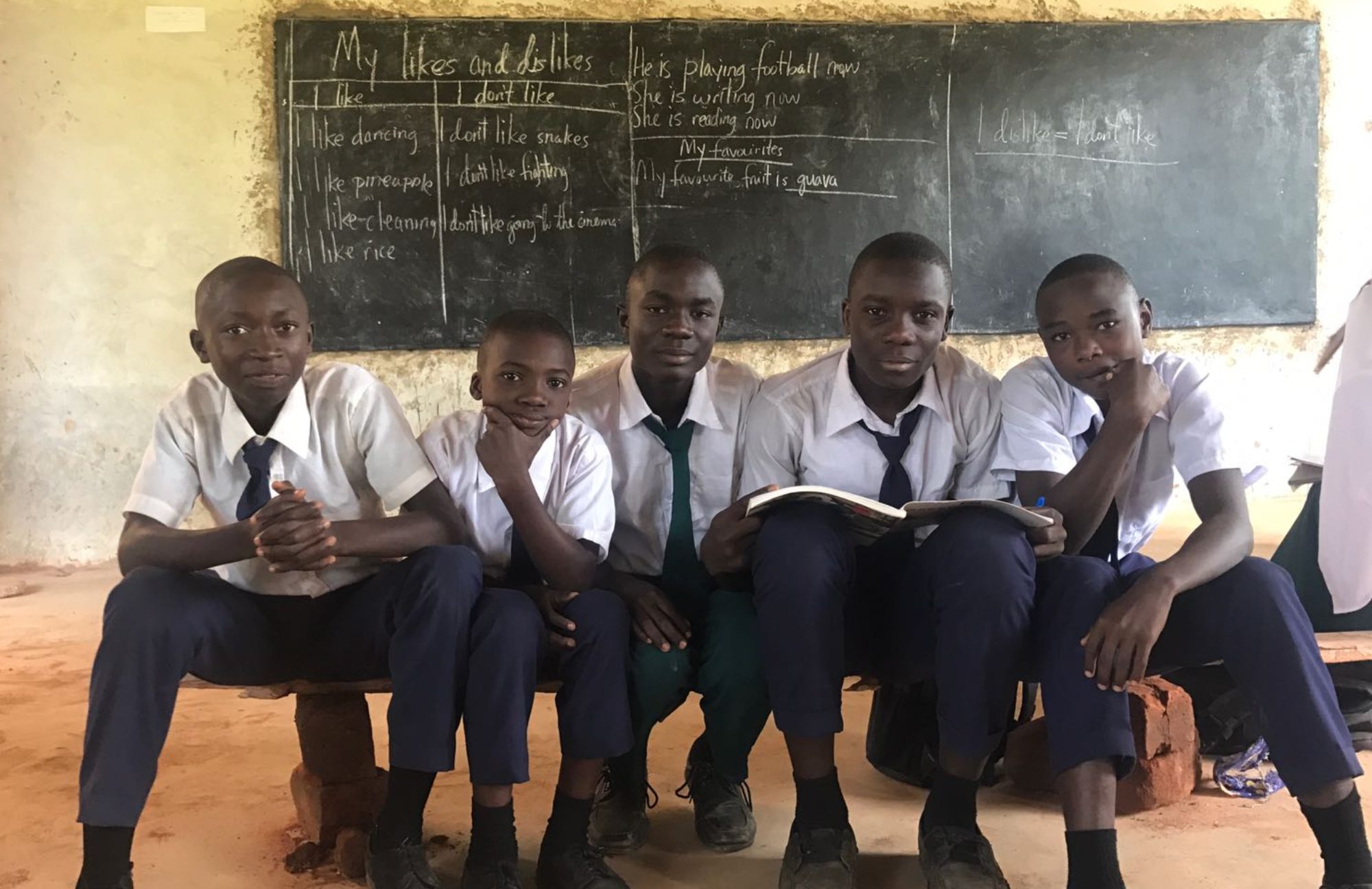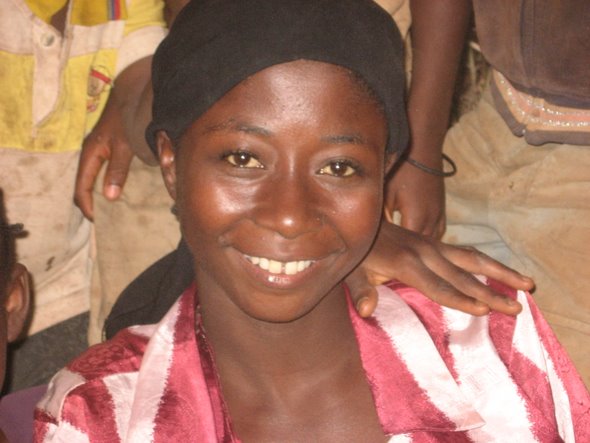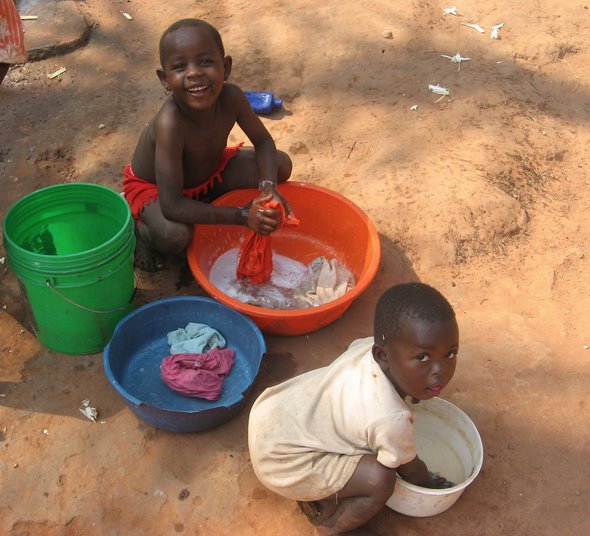My days were winding down fast toward the end of my time in Kiganza and it suddenly seemed like there was so much to do before leaving (which is rarely really the case, but it’s amazing how much extra you can create for yourself when there’s a deadline – I’ve always worked better that way as my parents and colleagues and friends and dogs and … well, everyone knows!).
One of my big projects and the most important I’m sure, was wrapping up a little idea called the Kiganza Children’s Education Fund. The idea came to me and Lucas once upon many of our hours together. It was always so disheartening to me to know how few children attended secondary school (relative to the number of children in the village) because their family simply could not afford it. For a child to attend Form 1 and 4, the cost is around $100USD per year because for the first and last years there are exam fees and other extra costs. For Form 2 and 3 the cost is only about $20USD per year, which is extremely manageable … for me! For these people, it’s still a steep expense in their life when their monthly income if they’re lucky can reach $30, but often hovers much lower – especially for those who march great distances to sell fruit or vegetables in neighboring villages, often coming home with only a few hundred shillings profit (equivalent of a few dollars). Continue reading “Secondary School Scholarship Recipients”



